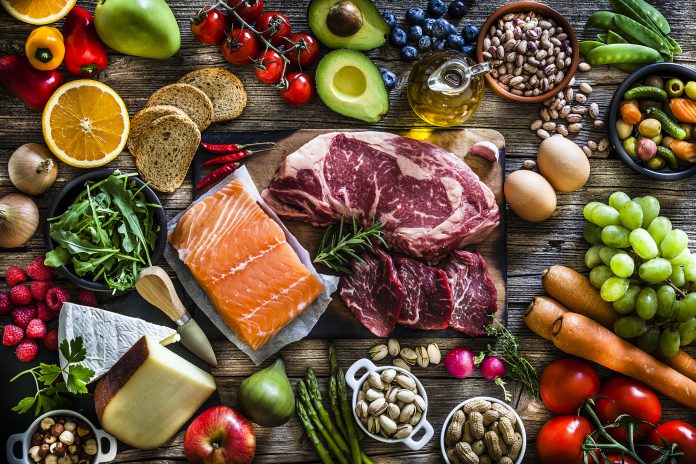
The U.S. Food and Drug Administration (FDA) announced an enahnced food safety partnership with its Mexican counterparts, the Federal Commission for the Protection from Sanitary Risks and the National Service of Agro-Alimentary Health, Safety and Quality during a virtual ceremony on Monday. They signed a Statement of Intent, which reportedly “broadens and strengthens” their existing partnership to include safety measures for all FDA-regulated foods for humans.
“U.S. consumers rely on imports from Mexico for much of the fresh fruit and vegetables that they eat as well as other foods. Our enhanced food safety partnership with our Mexican colleagues will play an important role in helping each country’s respective efforts to create a modernized food safety regulatory framework,” said FDA Commissioner Stephen M. Hahn, M.D.
The Commissioner also said strengthening the collaboration will help the FDA protect people in both countries from foodborne diseases through technology, health surveillance, and preventative practices. The partnership, according to the release, will now make use of new technologies and specific food safety programs to enhance collaborations between the two countries and other partners. “This modern approach to food safety utilizes all available tools and technologies to help ensure a strong and resilient food system,” the press release stated.
The partnership reportedly began in 2014. The press release said that 60 percent of food imported into the United States comes from Mexico, so the FDA continues working with Mexico on food inspections and responding together to illness outbreaks. The agency’s partnership before now has focused on prevention, responding to outbreaks, regulatory laboratory collaboration, and opportunities for outreach and training. These aspects will now be broadened to apply to all human foods traded between the countries.
According to an article by Successful Farming, Canada also has expanded its interests in foodborne illness in imported foods. The country will now require testing for E. coli in all lettuce imported from California’s Salinas Valley, which has reportedly been the source of E. coli outbreaks between 2016 and 2019.

